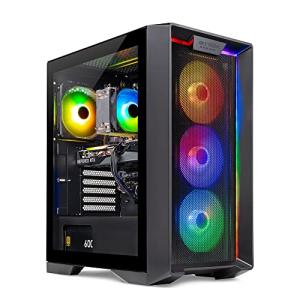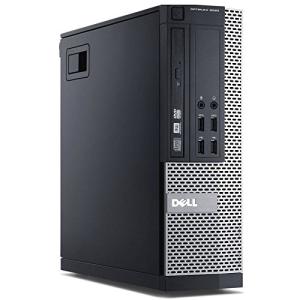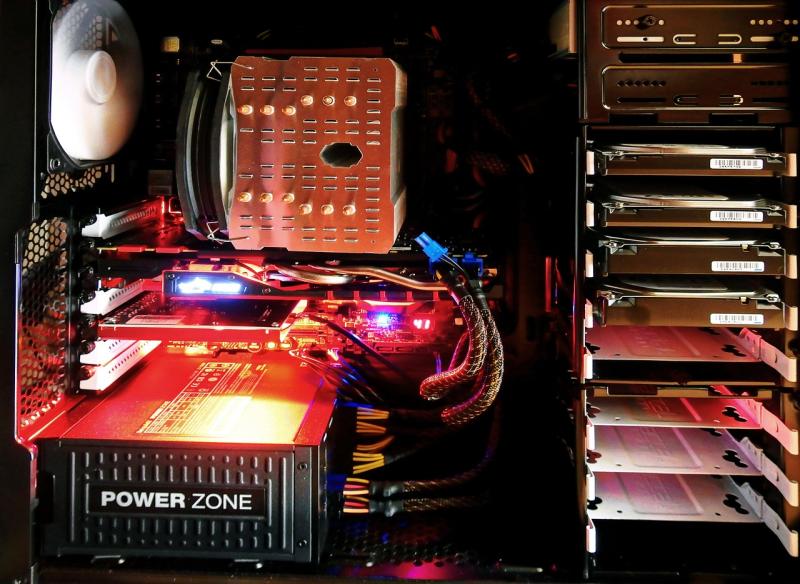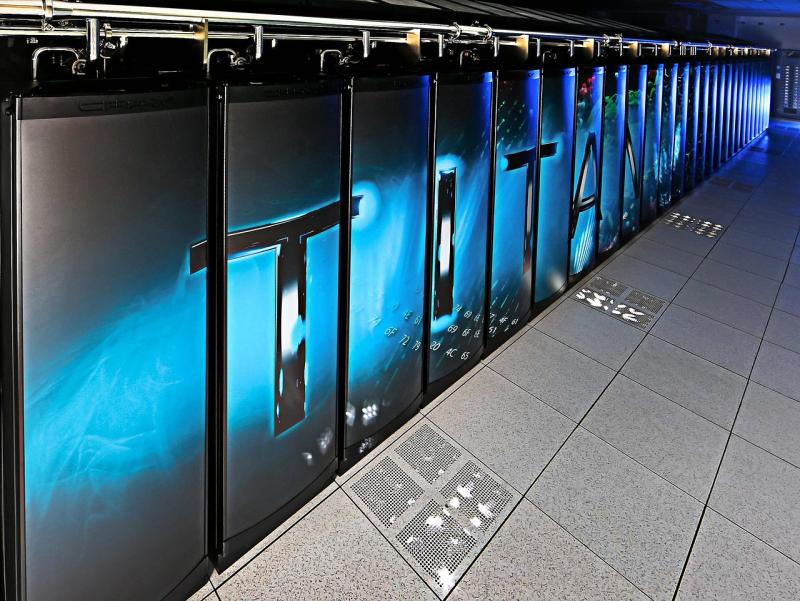**Introduction**
As computational challenges grow increasingly complex, traditional algorithms sometimes struggle to keep pace. Quantum-inspired algorithms have emerged as a promising solution that leverages principles from quantum mechanics to optimize data processing on classical processors. By mimicking features such as superposition and entanglement through sophisticated machine learning models, these algorithms can accelerate problem‑solving in areas like optimization, cryptography, and machine learning. This article explores how quantum-inspired techniques are being integrated into PC architectures to dramatically boost computation speed and efficiency.
**Technological Innovations**
- **Simulation of Quantum Principles:**
Advanced software libraries now emulate quantum phenomena—such as parallelism and probabilistic inference—in classical computing environments. This enables enhanced processing of complex datasets without requiring a full‑scale quantum computer.
- **Integration with AI Models:**
These algorithms are often combined with deep learning frameworks, allowing dynamic optimization of neural network weights and accelerating tasks such as image recognition and natural language processing.
- **Hybrid Processing Architectures:**
Emerging systems integrate specialized coprocessors that run quantum‑inspired algorithms in tandem with conventional CPUs and GPUs. This hybrid architecture reduces latency and improves overall throughput in data‑intensive workflows.
- **Optimized Resource Allocation:**
AI‑driven schedulers use quantum‑inspired techniques to optimize load balancing across multiple cores and devices, ensuring that real‑time analytics and complex simulations run smoothly.
**Applications and Benefits**
- **Faster Problem Solving:**
Quantum‑inspired methods can reduce computation times for complex optimization problems, making them indispensable for scientific simulations and financial modeling.
- **Enhanced AI Performance:**
Accelerated training and inference in deep learning models lead to improved accuracy and faster adaptation in dynamic environments.
- **Real‑Time Data Analytics:**
Rapid processing of large datasets, from real‑time image processing to natural language understanding, boosts responsiveness in high‑performance applications.
- **Energy and Cost Efficiency:**
By improving the speed of computation, these algorithms indirectly lower energy consumption per task and reduce overall operational costs.
**Future Directions**
As research continues, future quantum‑inspired algorithms are expected to become even more integrated with mainstream computing. Deeper integration with AI frameworks and specialized hardware accelerators may lead to self‑optimizing systems that adapt their processing methods in real time. Additionally, ongoing collaborations between academia and industry could see the emergence of hybrid processors that natively support quantum‑inspired operations, further revolutionizing PC performance.
**Keywords:** quantum‑inspired algorithms, classical computing, AI acceleration, hybrid processing, quantum simulation, optimization, deep learning, PC efficiency
Quantum-Inspired Algorithms in PC Architectures
Accelerating Computation
Related Articles
Essential High-Performance PC Components You Need Now
Upgrade your setup with the must-have parts for unbeatable gaming and productivity
Top Picks for Best High-Performance PCs
Find the perfect power machine for gaming, work, or creative projects
Your Guide to the Best High-Performance PCs
Find the Right PC for Your Gaming and Creative Needs
View our related products
See more







